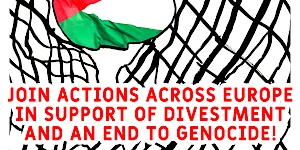Of Cats and Canary Birds: Statement in Support of Lunds Konsthall
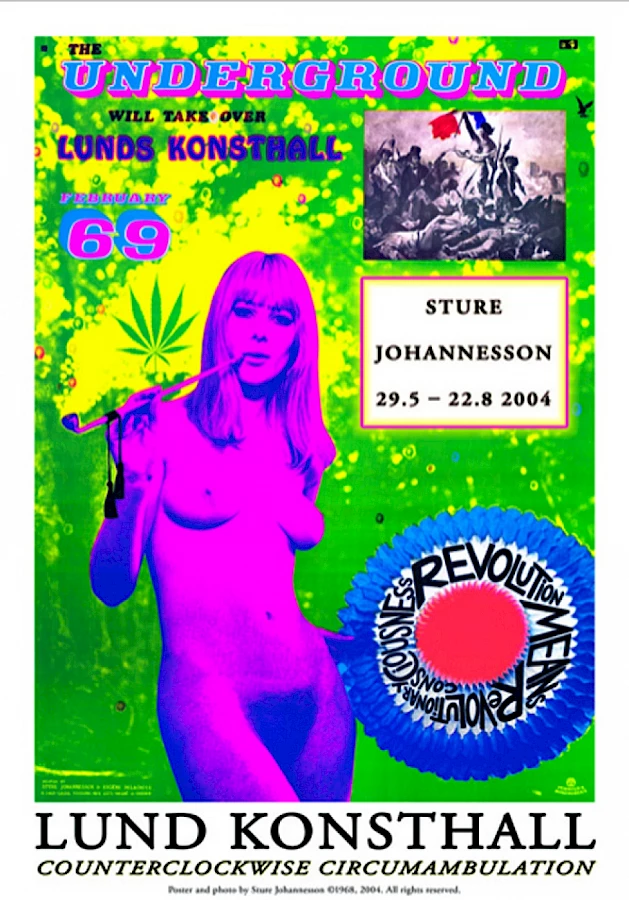
Sture Johannesson, Revolution Means Revolutionary Consciousness!, 1968, 62 x 85 cm. Lund Konsthall, Underground I — a.k.a. “Hash Girl”. Lithography printed by Permild & Rosengreen Copenhagen.
It has come to our attention that Lunds konsthall in Sweden is threatened with closure since local politicians called for its "reconstruction". They want to "change and modernise activities, to suit the needs of the City of Lund today and tomorrow". In the Swedish media, these politicians have spoken of "creating more interactive activities for young audiences".
As directors of the European institutions in L'Internationale confederation, we want to express our concerns about this. Cultural policy involves different axes of responsibility. There is the tension between culture at large, on one hand, and societal development as articulated by the arts, on the other. Both poles are important. Another axis is the tension between the local and the international. Politicians have responsibilities towards the constituency they represent, on a limited territory. But that responsibility always also includes a wider space of exchange, on various levels. What does a country, a city, have to offer to the outside world?
The present crisis in Lund seems to be an outcome, at least in part, of a scramble for venues and funds for the city's various cultural initiatives. Reconstructing Lunds konsthall into a space for "interactive activities for young audiences" is like changing an opera house into a circus or morphing a canary into a cat. Both canaries and cats are likeable. They do, however, occupy different positions in the food chain.
The development of a symbolic international reference framework for contemporary art does not only depend on museums such as ours. Museums are informed by a network of smaller independent art spaces, kunsthalles and art centres. All over Europe, there are spaces of this kind that are being attentively followed internationally. Many others, that also spend public money, are not relevant beyond their own cities because they are not a voice in the international discussion about future values. Lunds konsthall is definitely a space with an international following; we will nearly automatically pay attention to any artist who exhibits there. If the city wants to let go of this position within the international art world, then we worry for Lund.
We suppose this crisis might be linked to a history of local suspicion towards this independent-minded institution that has always insisted on showing cutting-edge contemporary art and has been part of a wider world from the very beginning. Lunds konsthall celebrated its tenth anniversary in 1967 with a large international group exhibition curated by Pierre Restany, Super Lund. The following year, the city's politicians fired its newly appointed second director over another group exhibition, Underground, for which the artist Sture Johannesson had created that rather well-known poster of a nude girl smoking a tasselled pipe of something illicit. But it was the caption that sparked the controversy: "The UNDERGROUND will take over Lunds konsthall".
Back then, Lunds konsthall was censored and even closed for a while. But it managed to re-establish itself as a respected, autonomously-run kunsthalle where art speaks in its own voice about the challenges it sees ahead, and thus helps shape the debate about what kind of society we want. It is certainly not nothing if a small municipal art institution maintains a programme that creates such resonance in the rest of the world.
In the last decade, under its current director Åsa Nacking, Lunds konsthall has exhibited many outstanding artists of different generations who have also featured in our own institutions' programming. Just a handful of names to make this more concrete: Petra Bauer (Sweden), Matthew Buckingham (United States), Olga Chernysheva (Russia), Lili Dujourie (Belgium), Sheela Gowda (India), Ion Grigorescu (Romania), Rabih Mroué (Lebanon), Jonas Staal (The Netherlands). Many of these artists are also represented in our collections.
We always looked to Sweden with admiration for its peaceful transformation towards a progressive welfare state that still looks genuinely sustainable, and also shows itself capable of accommodating others in need. We are also impressed by the suggestion that the principle of putting "an arm's length distance" between elected politicians and the professionals in charge of museums and galleries should now become law in Sweden. The news about the threatened "reconstruction" of Lunds konsthall is particularly worrying in this context.
For us, Lund is a relevant place. We do not think of it as peripheral. If politicians in Sweden – in a university city that brands itself as "The City of Ideas" – behave with such limited understanding for what art can contribute to society and how local contexts also have international capacities and responsibilities, what can we expect from their colleagues elsewhere in Europe? Well, in fact some of them have started speaking of art and culture as our best weapon against terrorism...
L'Internationale wants the international art world – and that includes those responsible in Lund, who hold the fate of Lunds konsthall in their hands – to know that we stand fully behind the newly founded Network in Support of Lunds konsthall. We therefore make its online petition to save Lunds konsthall as an autonomously-run institution for contemporary art available here.
Signed:
Zdenka Badovinac, Director, Moderna Galerija, Ljubljana, Slovenia
Ferran Barenblit, Director, MACBA, Barcelona, Spain
Manuel Borja-Villel, Director, Museo Nacional Centro de Arte Reina Sofía, Madrid, Spain
Bart De Baere, Director, M HKA, Antwerp, Belgium
Charles Esche, Director, Van Abbemuseum, Eindhoven, The Netherlands
Vasif Kortun, Director, SALT, Istanbul and Ankara, Turkey
Related activities
Related contributions and publications
-

Statement on the attack on Kakhovka Water Dam
L’Internationale ConfederationStatements and editorials -

In solidarity with all the people affected by the earthquake in Turkiye and Syria
L’Internationale ConfederationStatements and editorials -
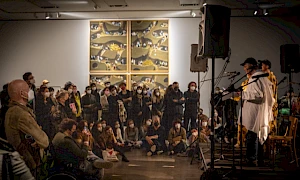
Public letter on WHW termination as directors of Kunsthalle Wien
L’Internationale ConfederationStatements and editorials -
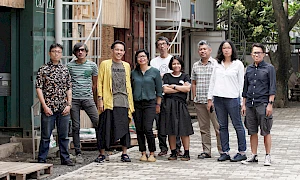
Statement in support of documenta fifteen
L’Internationale ConfederationStatements and editorialslumbung -
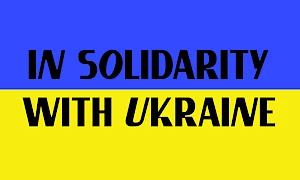
Never Again War!
L’Internationale ConfederationEN es pl sl sv ca nl ukStatements and editorials -

Statement on the dismissal of Alistair Hudson
L’Internationale ConfederationStatements and editorials -
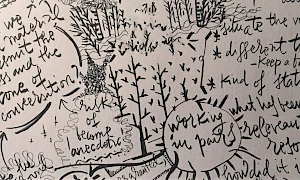
L’Internationale Public Statement on the recent events at MACBA
L’Internationale ConfederationStatements and editorialsMACBA -
L’Internationale statement: Towards a healthy society
Statements and editorials -
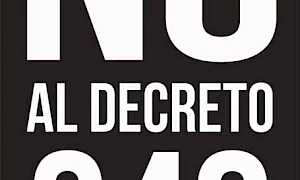
Standing up for the rights of all artists to free and independent expression
L’Internationale ConfederationStatements and editorials -
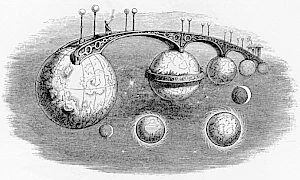
Tearing Down Bridges – Turkey's Withdrawal from Creative Europe
L’Internationale ConfederationStatements and editorials -
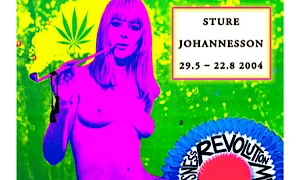
Of Cats and Canary Birds: Statement in Support of Lunds Konsthall
L’Internationale ConfederationStatements and editorials -
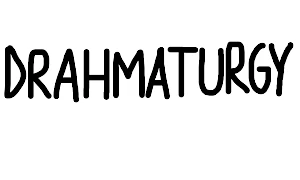
How Much Austerity Can Europe Endure?
L’Internationale ConfederationStatements and editorials -
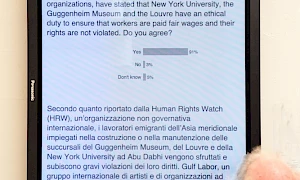
L'Internationale supports Walid Raad, Andrew Ross and Ashok Sukumaran after the recent ban on their entry to the UAE
L’Internationale ConfederationStatements and editorials -
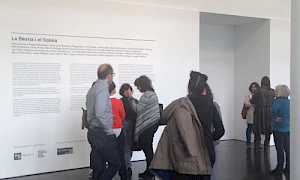
L'Internationale statement in support of the decision to open "La Bestia y el soberano" (The Beast and the Sovereign)
L’Internationale ConfederationStatements and editorialsMACBA -
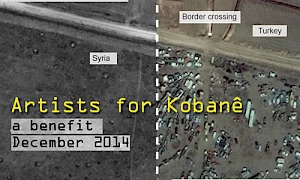
Artists for Kobanê: An online auction to benefit refugees from Kobanê
L’Internationale Online Editorial BoardStatements and editorials -
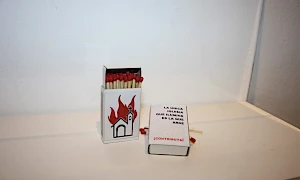
L'Internationale statement in support of MNCARS
L’Internationale ConfederationEN es sl nl trStatements and editorialsMuseo Reina Sofia -
New online platform for research, resources and discussion
L’Internationale ConfederationStatements and editorials -
Editorial: Towards Collective Study in Times of Emergency
L’Internationale Online Editorial BoardEN es sl tr arInternationalismsStatements and editorialsPast in the Present -
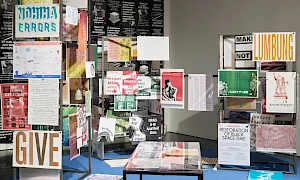
Everything will stay the same if we don’t speak up
L’Internationale ConfederationEN caInternationalismsStatements and editorials -
L'Internationale Mission Statement
L’Internationale ConfederationEN esStatements and editorials -
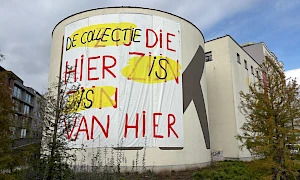
Statement in support of M HKA
L’Internationale ConfederationStatements and editorialsSituated Organizations -
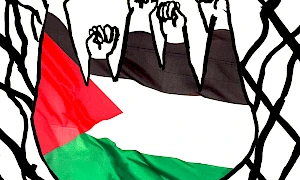
Cultural Workers of L’Internationale mark International Day of Solidarity with the Palestinian People
Cultural Workers of L’InternationaleEN es pl roInternationalismsSituated OrganizationsPast in the PresentStatements and editorials
